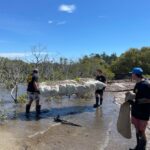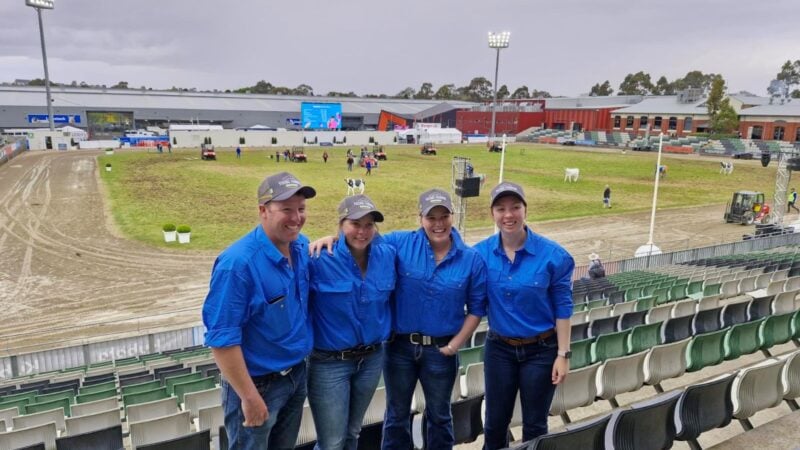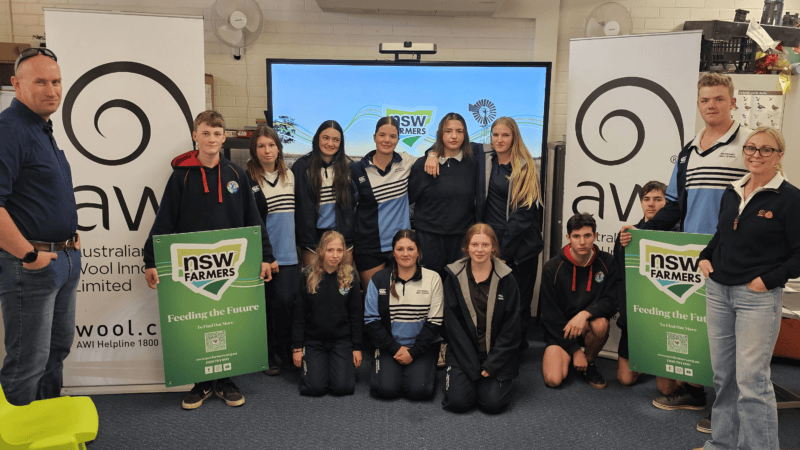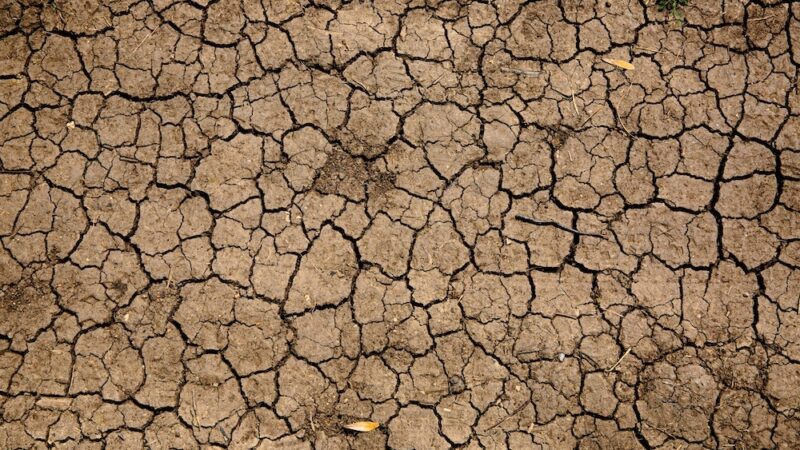In a previous edition of The Farmer, we visited the Namoi Region on the northern…
Hunter Gas Pipeline heats up
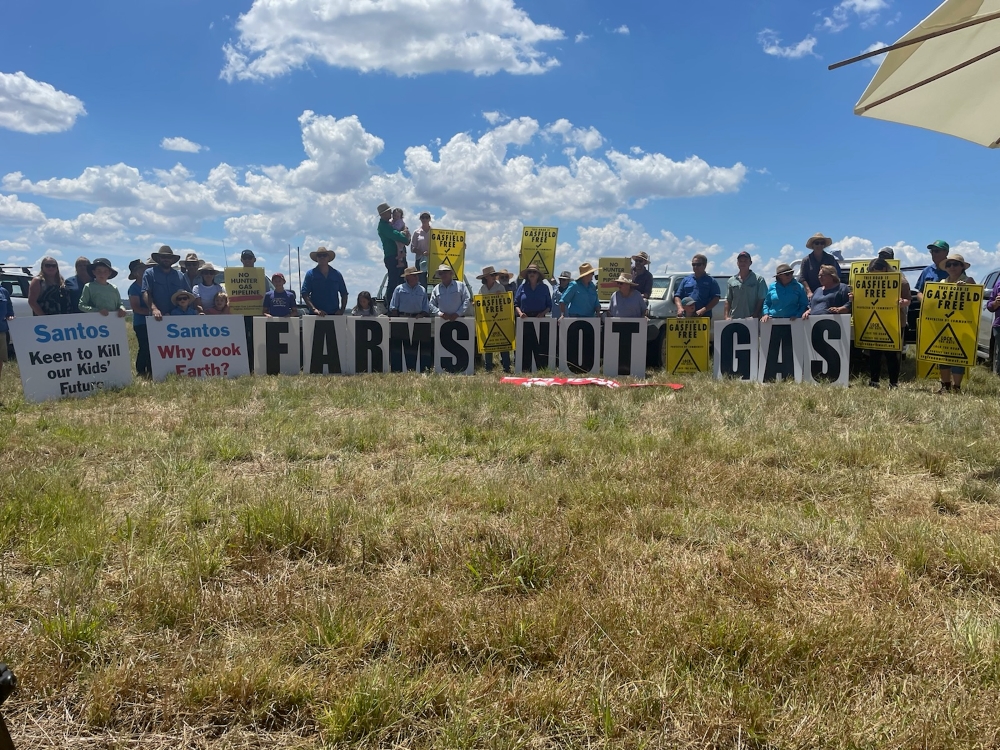
Farmers have vowed to say no entry to proponents of the Hunter Gas Pipeline following the granting of an authority to survey (ATS) from NSW Environment Minister Matt Kean.
The State Significant Infrastructure project has been in the pipeline since 2009 but is yet to be granted a license to construct.
The project�s owners, Santos, said Minister Kean�s ATS announcement last week was another step in the process before making a pipeline licence application.
Santos acquired Hunter Gas Pipeline Pty Ltd, which owned an approved underground gas pipeline route from Wallumbilla in Queensland to Newcastle, in August last year.
The $1.2 billion pipeline project spans 833 kilometres and will pass by Santo�s controversial Narrabri Gas development. It was a mixed week for the gas giant, with the Gomeroi people filing an appeal in the Federal court to overrule a decision by the Native Title Authority to support the $1.5 billion Narrabri venture.
“While the pipeline route is being finalised to avoid ecologically and culturally significant areas, we will work with landholders to obtain access and compensation agreements before making a pipeline licence application to Minister Kean,� a Santos spokesperson said.
�We strongly encourage landholders to engage with us during the upcoming survey process so that we are able to understand any specific concerns and address these wherever practical in finalising our alignment and construction methodology.�
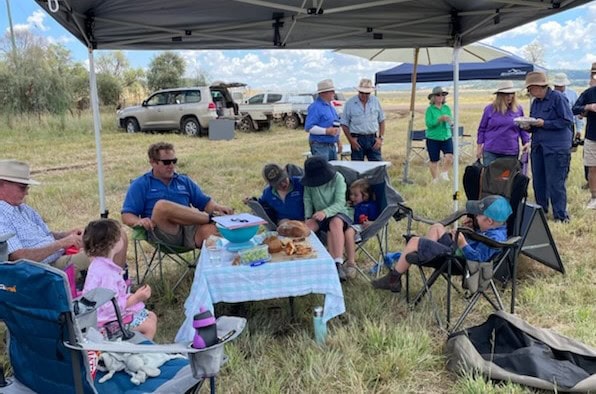
However, many farmers and landholders along the pipeline’s proposed route have said they will not be granting access to their properties. Some are pushing for more use of public land, while other are steadfastly opposed to the project on business, water quality and environmental grounds.
�We will be advising farmers to say no access to their properties,� says Garah grazier and NSW Farmers Wool Committee Vice Chair Helen Carrigan.
Helen said they will be voicing their opposition to the project through NSW Farmers and a local community group called the Moree Plains Gas Pipeline Group.
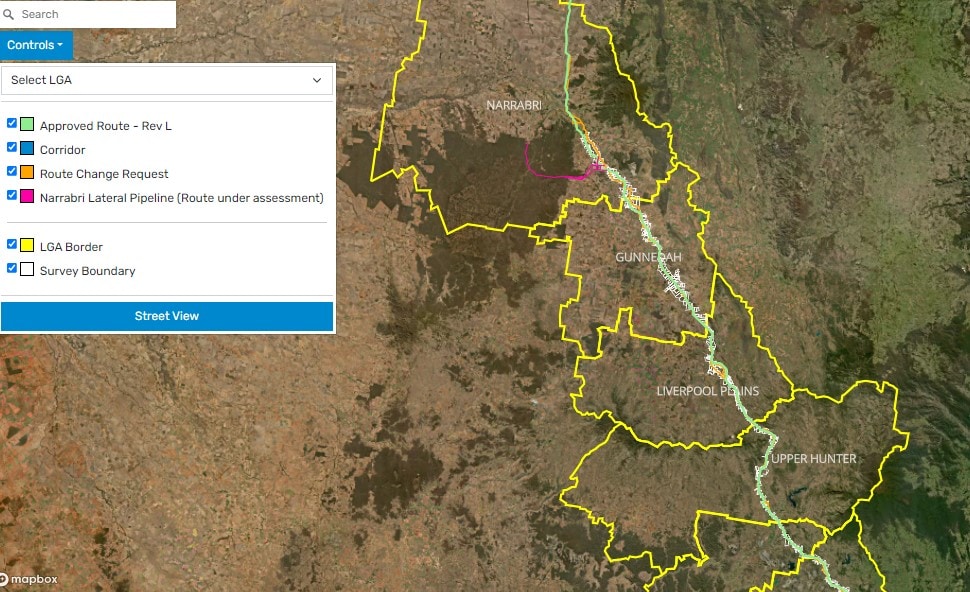
�We first got notification about the pipeline 10 years ago saying that it was proposed to run along our boundary fence and have not heard much since regarding the route.
�There are just too many uncertainties with this project. I don�t think it would affect our own bore lines, but there is the risk of exposure for the Great Artesian Basin, and that�s our main concern.
�There is also uncertainty about the 200-metre easement, access easements and impact on alluvial soils.�
Helen said they have requested that the route be moved to a public stock route for the majority of the northwest region.
No go zone for Hunter farmers
Hunter valley organic olive farmer Anne McGowan said plans to expand their small grove are now in jeopardy.
�We will not be able to plant in the area that we have set aside if this pipeline proceeds, and there are neighbouring farms that will more affected than us,� Anne says.
�It would result in the removal of beautiful native trees that we have preserved.�
Anne said the wider concern for the local farming community is the potential impact on water resources, the environment and safety risks associated with flooding and bushfires.
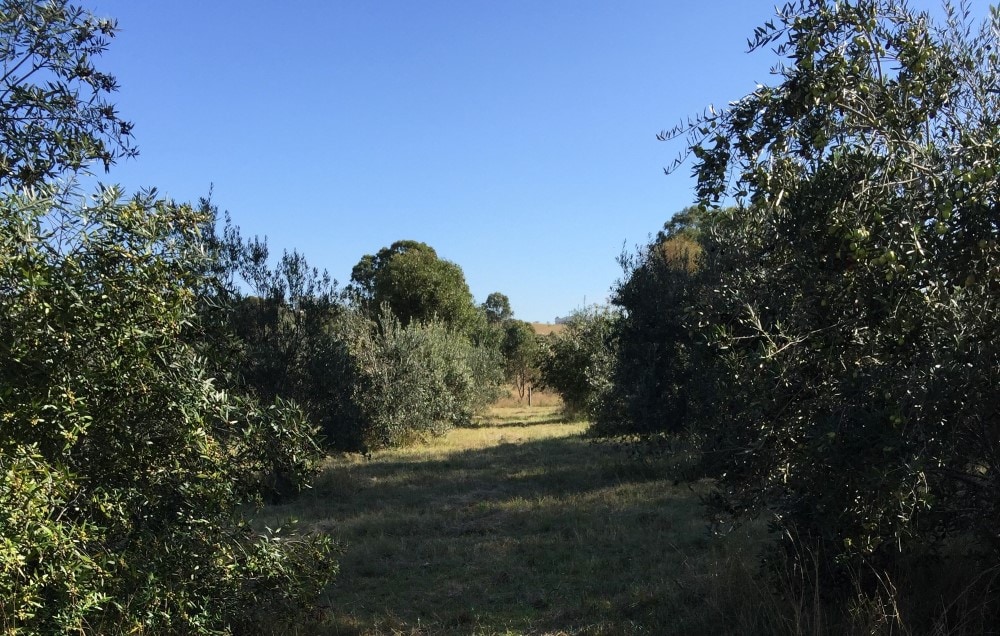
Anne said recent flood events have heightened the risk of damage to a high-pressure gas pipeline, which is proposed to cross the Hunter River at several different locations.
�Our area is subject to floods. We�ve had six of them recently, including three major ones. Our whole valley went under water and the riverbanks have changed as a result.
�The other concern is the proximity of the pipeline to peoples� dwellings.�
Anne said the Hunter Gas Landholder Rights Alliance, formed in 2021, includes 100 farmers and landholders who will be directly impacted.
�The majority of landholders around hear are opposed and will be saying no to granting access.�
Hunter Valley organic olive farmer Anne McGowan
�This project is really inconceivable.�
Anne said the project will be a key issue for local candidates to address in the state election.
Fired up on the Liverpool plains
Quirindi grain farmer and processor David Wallis voiced similar concerns.
�We had three floods in four months last year and they have proven that soil erosion will be a serious issue with this proposed pipeline,� says David.
�There were floodwaters flowing directly down the pipeline’s path and if that happens again in the next five or six years, we are going to have an exposed pipeline.
�It was one of our main concerns all along, because while this soil is heavy it is also quite fragile, and those fast-flowing flood events can shift it.�
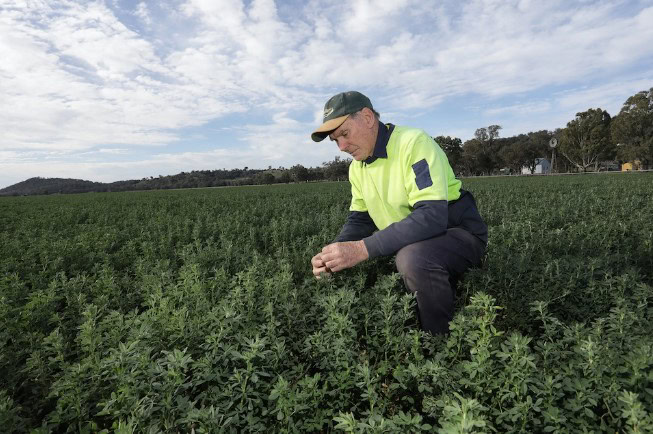
David has joined other local farmers in the newly formed Liverpool Plains Action Group to take on the might of Santos and persuade the government to protect prime agricultural land, water resources and the environment.
�They are ringing up and banging on the door, but no one has signed anything on the basis that Santos don�t have authority to go through your property, whereas now they do.�
�The whole thing had ramped up to a new level now and there are plenty of organisations along the pipeline now that are going to fight it. It will be a monumental battle.�
Quirindi grain farmer David Wallis
�We are now more concerned than ever that the pipeline is creating an opportunity for drilling gas underneath this country.�
NSW Farmers opposed the Narrabri Gas development. Read more here.




